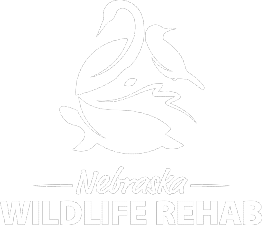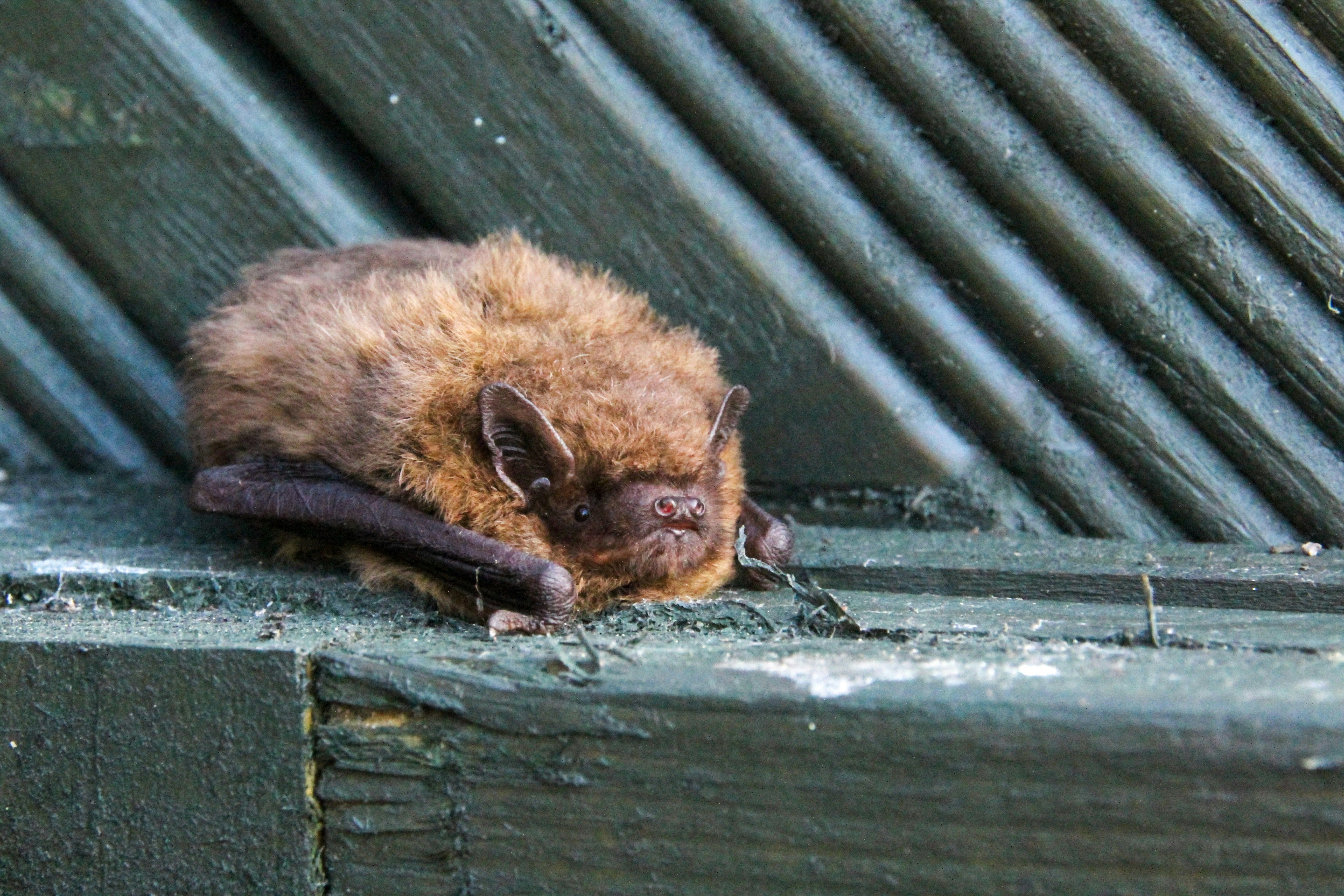Bats In Buildings
If you have found a bat in your house, please click here for further instructions.
Although bats are extremely beneficial and help to maintain the balance of our delicate ecosystem, there are times when bats become a problem or a nuisance to home or business owners. Bat colonies living in human structures can be noisy and sometimes create unpleasant droppings or odors. They do not however, cause structural damage nor do they chew on wires or wood.
If you have a colony of bats living in your house, a humane, legal exclusion of the bats is appropriate. In Nebraska, exclusions cannot be done between mid-May and late August, as babies are at roost and cannot fly during that time. In addition, exclusions between mid-October and early April will be ineffective as bats are hibernating during that time.
The best times to exclude bats from your house are from mid-April to mid-May and from late August to mid-October.
For instructions on how to humanely exclude bats from your house yourself, please click here.
If you'd like to hire a professional to exclude bats from your home, we recommend Heartland Humane Bat Removal. You can reach them at (866) 481-9919 for exclusions in eastern Nebraska and western Iowa.
Bats & Rabies
Although the incidence of rabies in bats is extremely low (less than one-half of one percent) bats can carry this disease. Unlike some other animals, sick bats are generally not confrontational; they generally search for a secluded spot to die. According to the Center for Disease Control, people cannot get rabies from just seeing a bat in an attic, a cave or at a distance. In addition, people cannot get rabies from having contact with bat feces, blood, or urine or from touching a bat on its fur.
If you are ever bitten by a bat, or if saliva from a bat gets into your eyes, nose or mouth, seek medical attention immediately. If possible, the bat should be captured and sent to a laboratory for testing. Bats that are found in a room with a person who cannot rule out physical contact (i.e. a sleeping person, a child, a mentally disabled person or an intoxicated person) will need to be tested for rabies. If contact has occurred or is suspected, call your personal physician or local health department immediately. In the Omaha area, bats can be sent for rabies testing through the Nebraska Humane Society, 402-444-7800.

